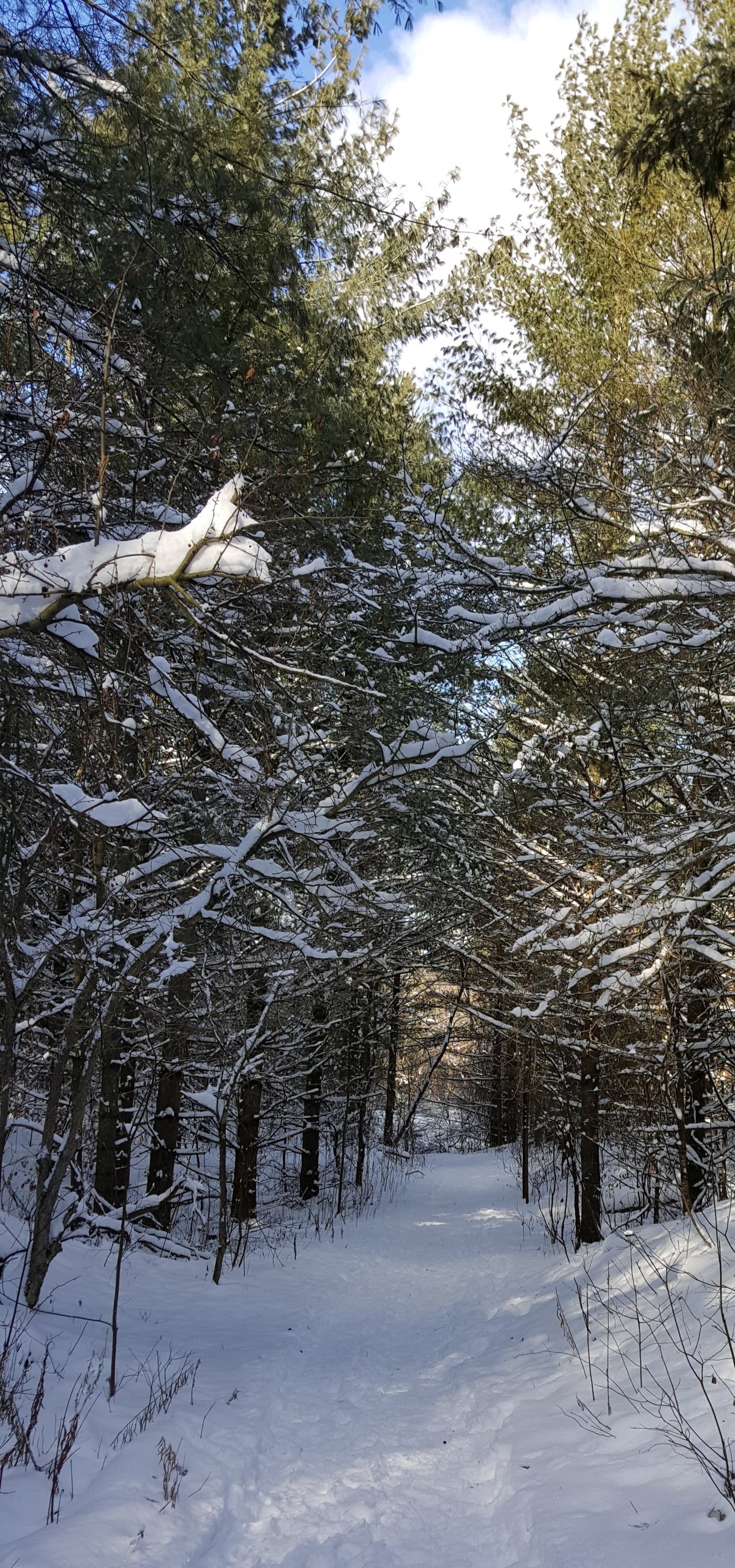There was a pond near her house where she had learned to skate on worn figure skates that she had lifted from the school’s lost and found. When the pond froze, the drab mothers locked the children outside. Ruby’s mother said, “Don’t come back until you’ve had the stink blown off you.” It was better to be outside. She scraped her way along the bald concrete sidewalk on skate blades down to the pond and turned circles on the jagged ice. She had loved the hard ice and the blade strokes marking the surface with a looping script that would last until the sun came out strong. She skated past the point where her feet were numb and her ankles, bent almost at right angles, ached so much. She skated until she thought her mother might be drunk enough to let her back into the house where the pain of her thawing toes would set her tears flowing. The trick was to come home at the right time when the volume of rye and Coke might tip her mother toward an indifferent, somnolent kindness.
The town sent a tractor once a year to clear the snow off the pond for the pick-up hockey players. When the balance between freeze and thaw shifted, the tractor crashed through the ice and sank to the pond’s floor. For a few days, skaters would pass pucks across ice lit by the fading headlights of the tractor until its battery died. It should not have been surprising. The ice shifted and thinned. The weight could not be born and the tractor broke through into the water with speed and hissing relief where it all but disappeared. Parents warned the children about the ice. Children screamed at each other to be careful, or to go further out, closer to the melting edge on the opposite side of the pond. No one was frightened. The submerged tractor was funny. It held no menace. Each spring, the pond would be roped off while the town’s workmen executed a resurrection. Neighbours with thermoses of spiked coffee and boxes of doughnuts gathered. They sat in lawn chairs to watch. They scolded children for going too close. They wrenched the leashes of barking dogs to quiet them. Attached to a crane, the tractor rose into the air, gushing water and mud, turning on its grappling hooks.
In those deep winters, Ruby had skated over the headlights, imagining a spotlight, an audience, another life, one where her movements were graceful and she was, herself, worthy.
She sometimes thought about the years on that pond, on that street, among those people where flight seemed both necessary and impossible.
